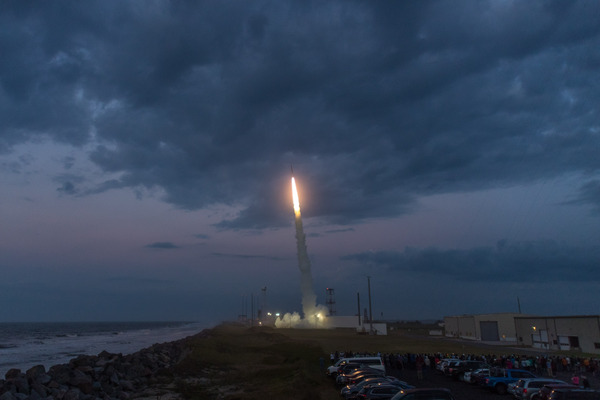The effects of UV-C and ionizing radiation on the functions of Escherichia Coli
(1) Cedar Ridge High School, Round Rock, Texas, (2) Ridgeview Middle School, Round Rock, Texas
https://doi.org/10.59720/20-180
Planetary protection is an extremely important consideration for spacecraft missions to other planets and worlds, especially those that may harbor life. This work presents the effects of Ultraviolet (UV) C and ionizing radiation on Escherichia coli (E. coli) bacteria in order to characterize the behavior of bacteria in space to better inform planetary protection considerations. We sent a sample of E. coli K-12, a commonly available strain, on a NASA sounding rocket to space via the Cubes In SpaceTM program, a global competition that allows students to design and propose experiments that launch on a sounding rocket. Our hypothesis was that the ionizing and UV-C radiation experienced during rocket launch and spaceflight will negatively affect the cellular functions of the E. coli bacteria and kill some bacterial cells but will not exterminate the entire culture of bacteria. Our experiment demonstrated that the number of colony forming units (CFUs) in the space sample was lower than the control sample. Thus, we suggest that the UV-C and ionizing radiation experienced during rocket launch negatively affects the cellular functions of E. coli.
This article has been tagged with: